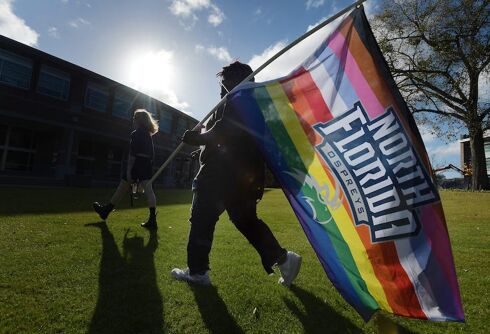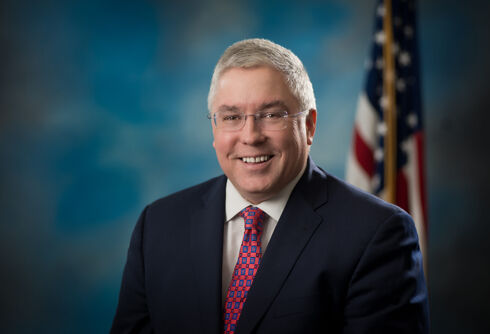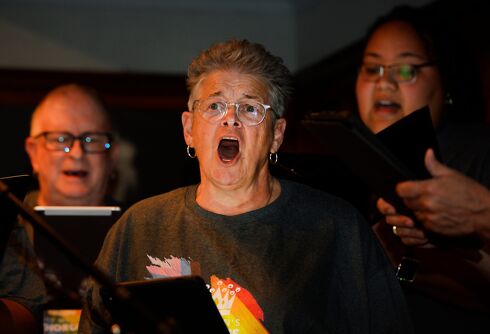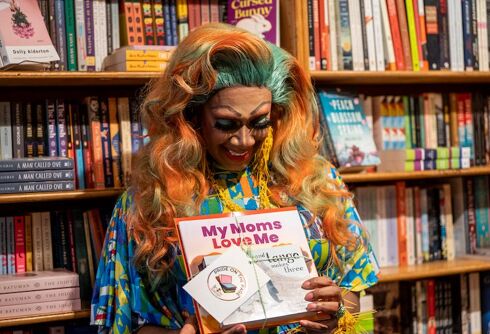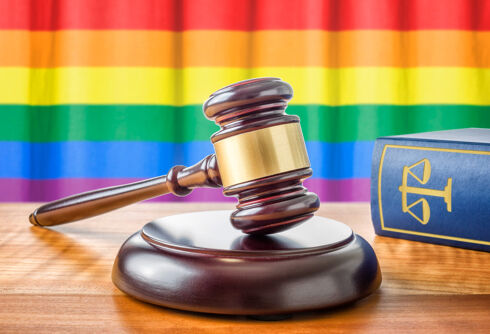NEW YORK — In its latest National School Climate Survey released Wednesday, GLSEN — the Gay, Lesbian and Straight Education Network — reported that while #LGBT students are faring better than they have in the past, there is still much room for improvement.
According to the report, 2011 showed the first significant decline in victimization based on sexual orientation, but over 80 percent of LGBT students still report being verbally harassed at school and over 70 percent have heard homophobic slurs used at school “frequently or often.”
Transgender students faced the highest levels of harassment; only 4 percent of transgender students reported that they felt safe at school.
 The impact of gender identity or sexual orientation-based harassment can be devastating for students, reported GLSEN. Nearly one third of LGBT students have reported skipping class or missing a full day of school at least once because of safety concerns.
The impact of gender identity or sexual orientation-based harassment can be devastating for students, reported GLSEN. Nearly one third of LGBT students have reported skipping class or missing a full day of school at least once because of safety concerns.
Never Miss a Beat
Subscribe to our newsletter to stay ahead of the latest LGBTQ+ political news and insights.
Students who are harassed at school are also more likely to report feeling depressed and have, on average, a slightly lower grade point average than their non-LGBT peers.
Students also report that being out at school is a double edged sward; although being out means they do not have to endure the stress of hiding a part of who they are, students who openly acknowledge their sexual orientation or gender identity report they are more likely to face victimization from their peers and sometimes school faculty and staff, who may discriminate against LGBT people.
According to GLSEN, a number of sources of support can sometimes mitigate the negative impact of harassment and anti-LGBT policies.
Students who attended schools with gay-straight alliances reported fewer incidents of harassment and heard fewer homophobic remarks while at school. Students at schools with LGBT-inclusive curricula were also more likely to feel a sense of community, which led to them feeling safer at school, reported GLSEN.
And schools with anti-bullying policies that specify protections for LGBT students were more likely to have teachers intervene on behalf of victimized students and had lower rates of harassment overall.
However, too few schools have GSAs, inclusive curricula, and enumerated anti-bullying policies that would serve to protect and support LGBT students, according to GLSEN, and especially lacking are anti-bullying policies; well under 10 percent of students surveyed attend a school with a comprehensive anti-bullying policy.
GLSEN’s Executive Director Dr. Eliza Byard, states that her organization “has worked tirelessly for more than two decades to address endemic bias and violence directed at LGBT students in our schools.
“With this report, we are beginning to be able to discern real impact of our efforts.” said Byard, but acknowledged that there is still “much work […] to be done to turn promising change into a concrete, sustainable reality.”





